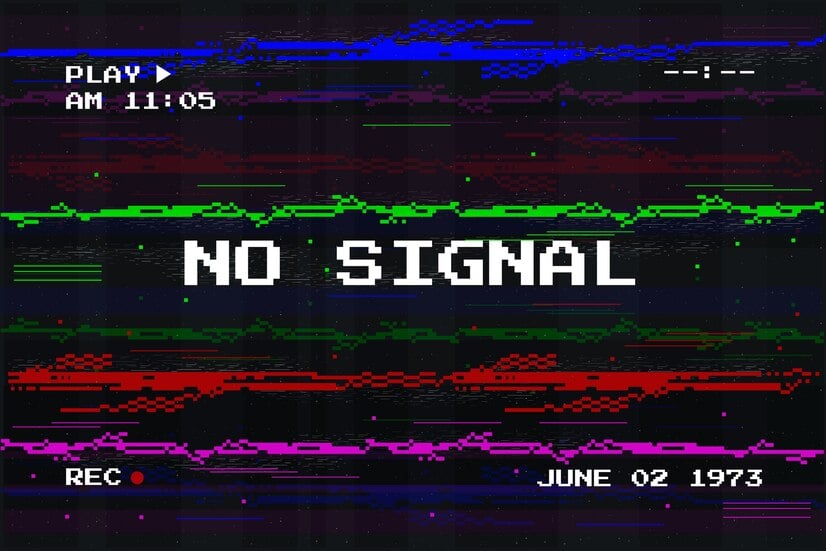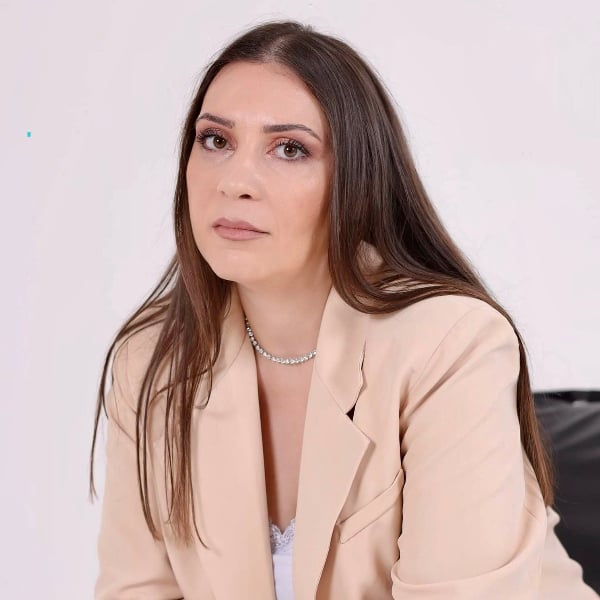
The Russian TV channel RTR-Planeta talk shows “Evening with Vladimir Solovyov” and “Sunday Evening with Vladimir Solovyov” have been blocked in Armenia.
The decision to suspend broadcasting was made by the Television and Radio Broadcasting Network of Armenia in response to recent continuous violations.
Armenia broadcasts three Russian channels – RTR-Planeta, Channel One, and Russia-K – based on an intergovernmental agreement with Russia.
Armenia has repeatedly expressed dissatisfaction with Russian programs containing false information, insults, and slander over the past six months.
Foreign TV channels, which violate the RA law, should not be included in public multiplexes, according to Boris Navasardyan, the honorary president of the Yerevan Press Club (YPA).
Navasardyan believes that banning a few programs is not a fundamental solution to the issue. He suggests revising the intergovernmental agreement with Russia to prohibit rebroadcast channels from airing political or information programs. This amendment would be a more effective way to address the problem.
On March 18, during a briefing with journalists, the Minister of High-Tech Industry of the Republic of Armenia, Mkhitar Hayrapetyan, announced that consultations would be held in Moscow about the broadcast of Russian TV channels in Armenia.
As per his statement, the Armenian side has put forward its proposals for solutions that are based on the overall agreement and the national interests of Armenia. Specifically, the aim is to ensure that television content is appropriate and does not interfere with the internal affairs of the Republic of Armenia, or cause insult to the symbols, state, emotions, and dignity of the people of the Republic of Armenia.
On March 20th, Maria Zakharova, the official representative of the Russian Foreign Ministry, confirmed that the Russian side had received the developments from Yerevan, shared its thoughts on them, and was in close contact with the parties involved.
At the same time, Boris Navasardyan states that he does not believe that Russian channels have a significant influence on our society or the information environment. He maintains that the Russian side must not be allowed to think that it can violate the Constitution of Armenia or disrespect our legislation. Doing so would imply that we do not respect our Constitution and the fundamental principles of statehood.
“We have allocated three channels to Russian broadcasters, which means that we cannot include three Armenian TV stations in the public multiplex. The problem is that these Russian channels often insult Armenia and its people, which is unacceptable.” Boris Navasardyan reminds us that freedom of speech is not an absolute right and it can be limited when it contradicts the legislation.
Hasmik Hakobyan, a member of the Television and Radio Commission (TRC), notes that content problems in rebroadcast Russian programs are not new for RA. They have become periodic in recent years.
The decision to ban the broadcast of the two programs is temporary as per the emphasis of the speaker. Ideally, the TV channels should have been banned instead. However, since the matter is regulated by an intergovernmental agreement, the ultimate decision-makers are the authorities of the country.
“When the political situation in Armenia escalates, Russia attempts to interfere in its internal political affairs, making use of the advantages given to them by the friendly agreement. This is done mainly through the programs that have been blocked in Armenia, wherein anti-state propaganda is disseminated, fueling disagreements and even provoking anti-revolutionary calls from Russian politicians, which is unacceptable,” stated Hakobyan.


Add new comment
Comments by Media.am readers become public after moderation. We urge our readers not to leave anonymous comments. It’s always nice to know with whom one is speaking.
We do not publish comments that contain profanities, non-normative lexicon, personal attacks or threats. We do not publish comments that spread hate.